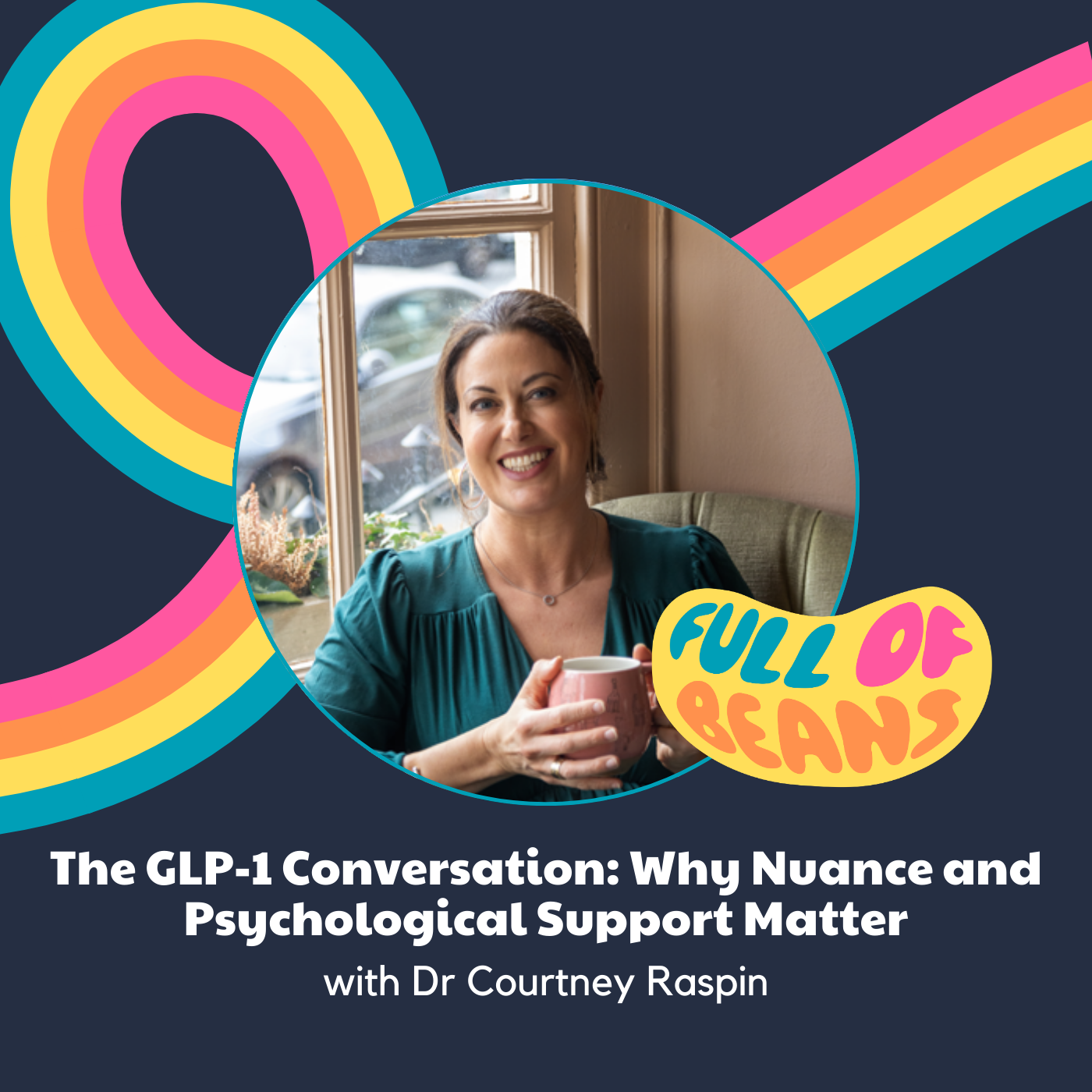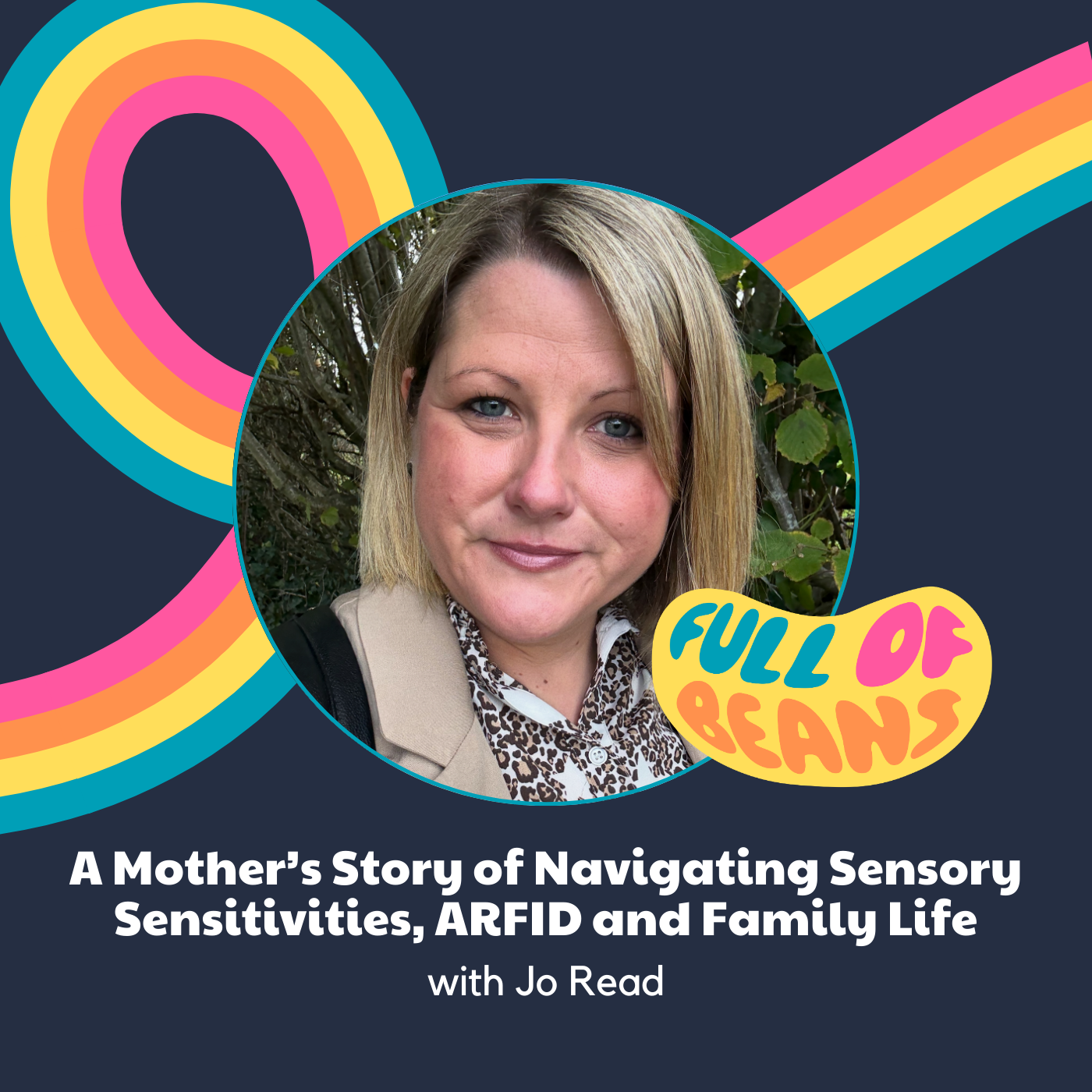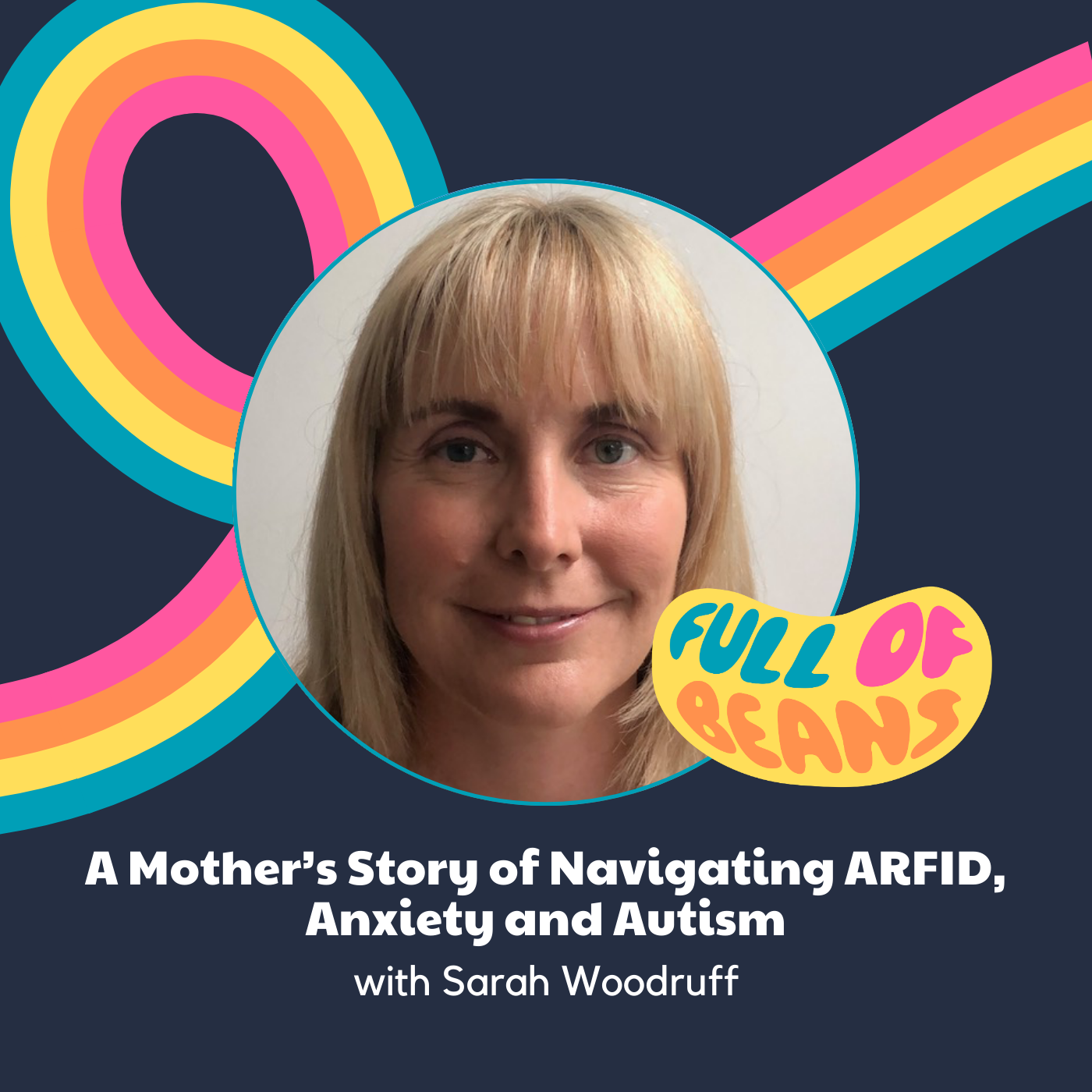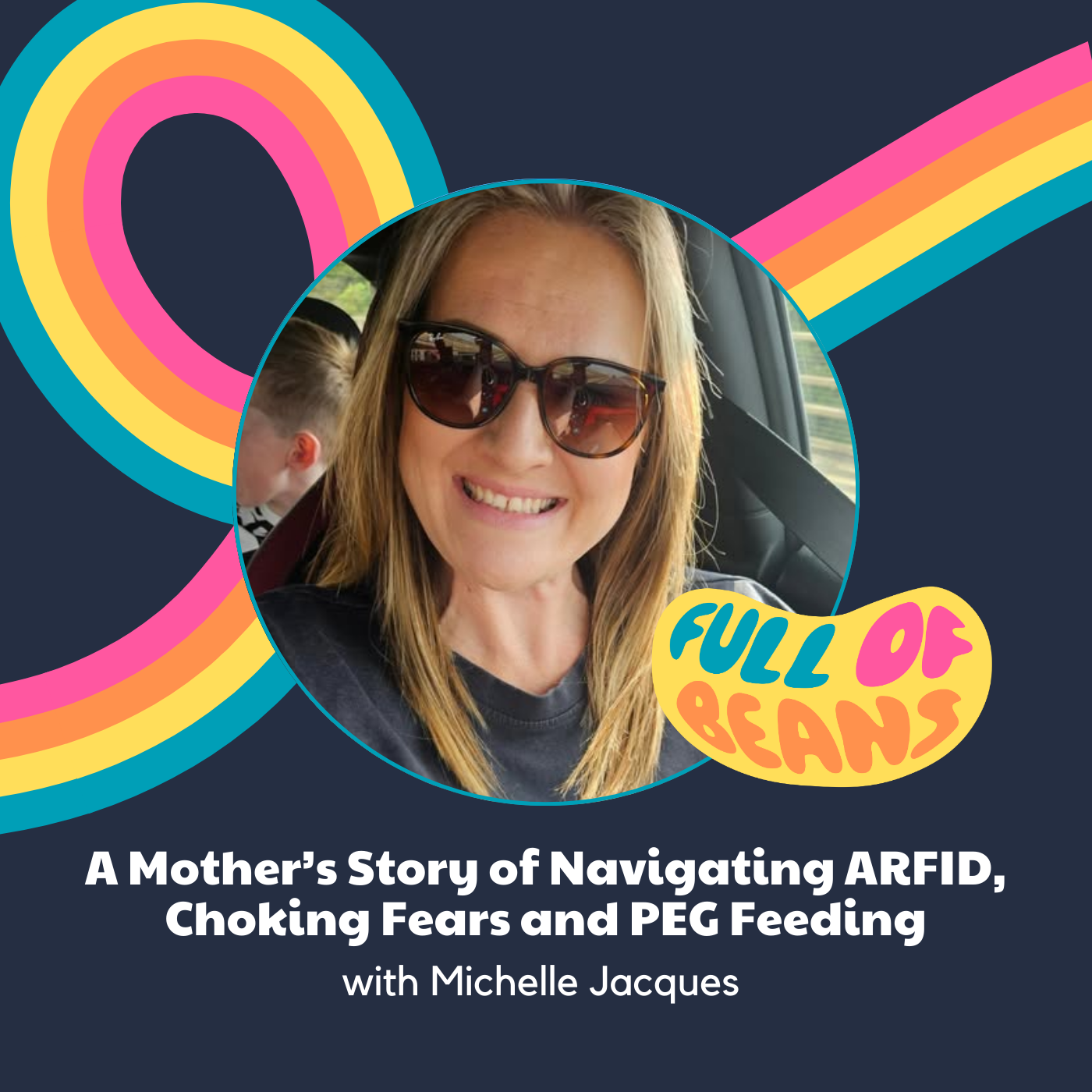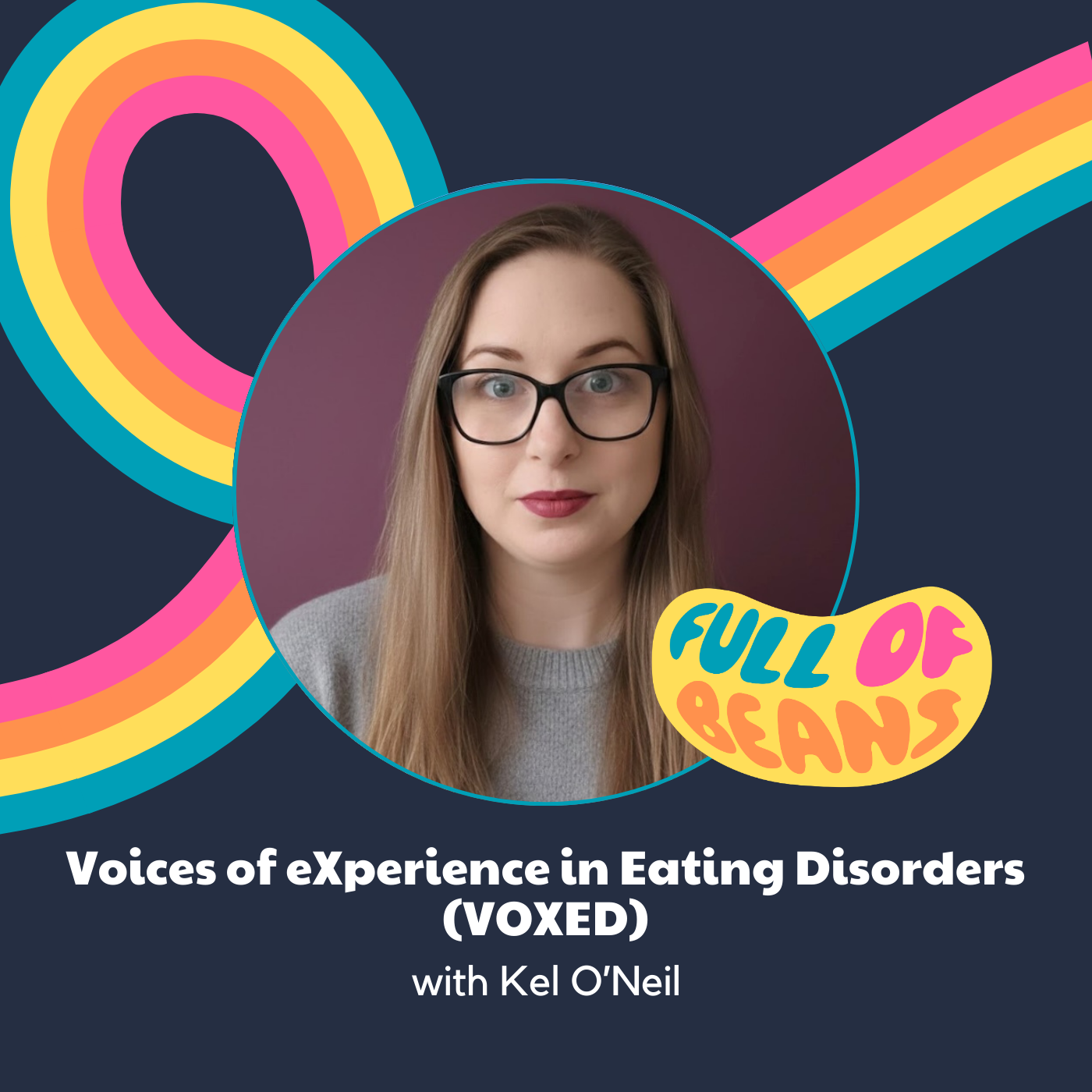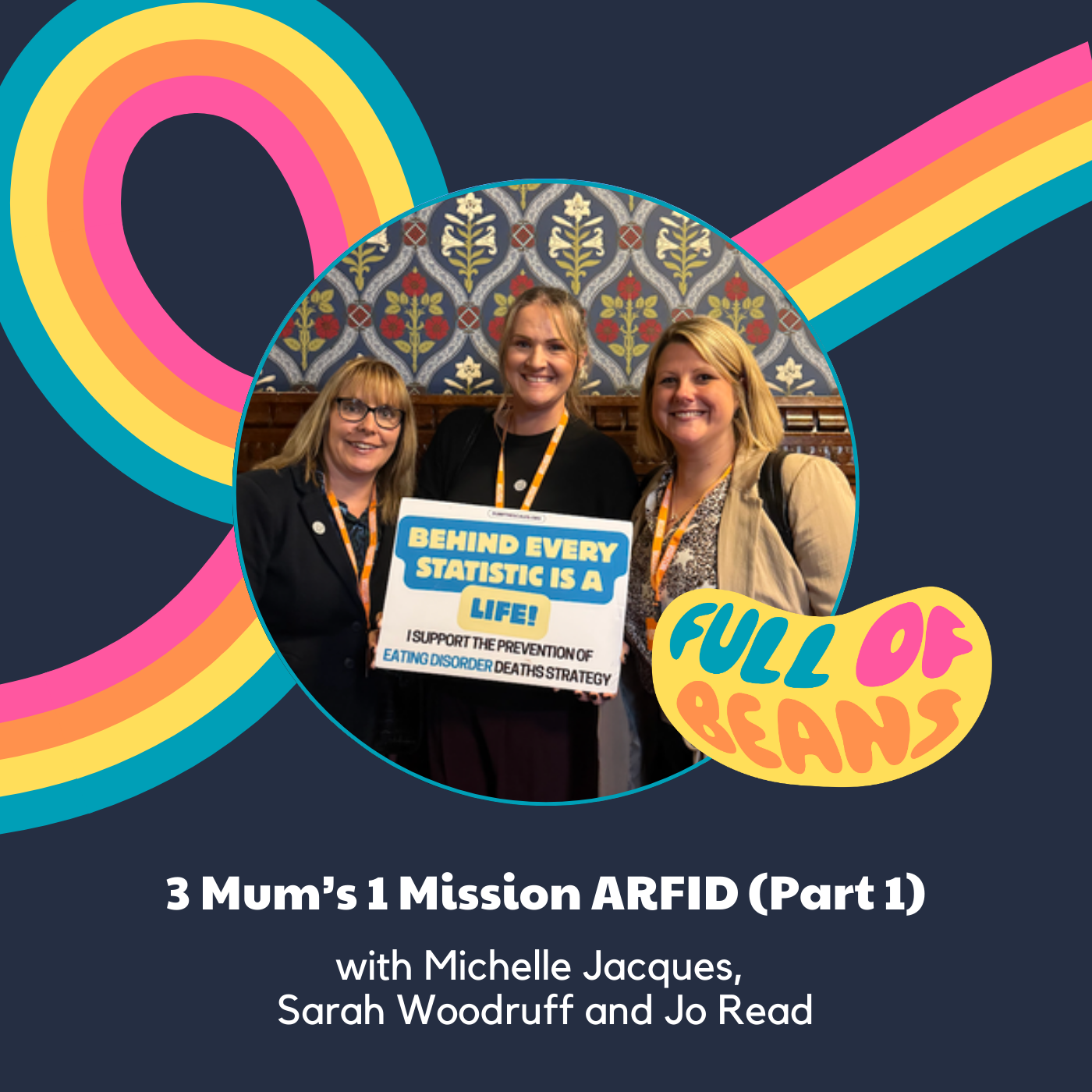How to Talk to Children About Food and Body Image
Goodbye generational diet culture, hello freedom!
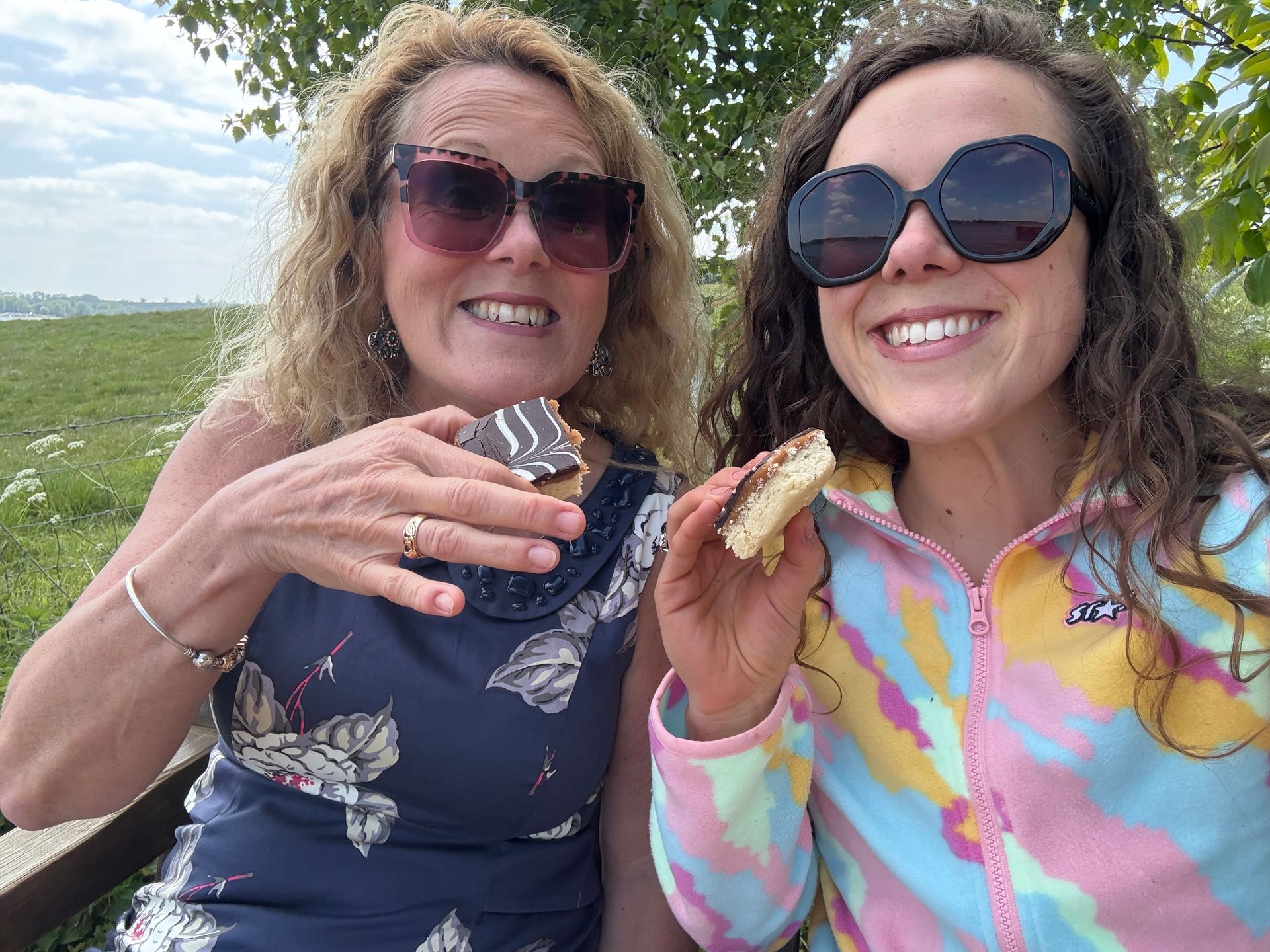
Have you ever caught yourself repeating something about food or your body that you heard growing up, and thought, Wait… where did that even come from?
So many of the thoughts we have about our bodies, the food that we eat and the exercise we do are internalised beliefs that we have simply just "accepted" because they were something we were told when we were younger.
For many of us, the messages we internalised around food, weight, and body image didn’t start with us. They were passed down from family members, teachers, TV shows, and the culture around us. And while those messages may have been well-intentioned, they often came from a place of fear, shame, and diet culture.
In a recent episode of the Full of Beans Podcast, I sat down with clinical psychologist and eating disorder specialist Dr. Anna Colton to unpack how these generational beliefs are formed, why they’re so harmful, and, most importantly, how we can start to rewrite the script for future generations.
Where Did These Messages Come From?
When we think about how previous generations talked about food, it’s often in binaries:
- “You’ve been good today, you can have dessert.”
- “Your not fat, don't say that about yourself!"
- “Seeing as we've had a big lunch, we won't need dinner later.”
As Anna shared, many parents and caregivers weren’t trying to harm us. They were often repeating the exact same things they were told, and those messages were deeply rooted in fatphobia, control, and the cultural obsession with thinness.
The issue is that these comments stick. They shape how we view food, our bodies, and our worth, often for life. This is because they are so "normalised" and common for us to hear, that we don't even question whether they are true or not. We simply internalise them and carry on with life as though nothing ever happened.
A Generational Shift in Narrative
Thankfully, we’re seeing a shift.
As someone in their 20's (which is soon ending!!), I'm seeing many people my age question the language around “good” and “bad” foods, challenge the idealisation of thinness, and reject the toxic cycle of dieting. I speak to women in my mum's generation, and I am so grateful that they are also fighting back, and encouraging our generation to stand up to these "norms" and challenge the status quo.
But even with this progress, the pressure hasn’t disappeared. As Anna and I discussed, the rise of weight-loss medications like GLP-1 agonists (e.g. Ozempic and Wegovy) is reigniting fear-based messages and reinforcing the idea that skinny = better, more desirable and more attractive.
Now more than ever, we need to be vigilant in how we speak to ourselves, around our friends, and most importantly, to children.
Food Education in Schools
One of the most heartbreaking topics we covered in the episode was how children are currently taught about food in schools.
From “traffic light” food charts to BMI report cards and strict calorie-based meal plans, Anna explained how schools often reinforce diet culture, sometimes more aggressively than home environments.
I still remember getting a meal deal from the co-op aged 14 after school and my mum pointing out the calories on a packet. I'd never noticed this before. I realised that the pasta salad I had in my hands was red, red, RED, whereas her prawn salad was green. Green means good right? From then on I became obsessional about the calories, colours and macronutrients. I'm very aware that this is because of my characteristics and traits that made me susceptible to hyperfixate on these numbers, which led to an eating disorder, but simply educating children on red = bad and green = good isn't helpful.
In my opinion, this teaches children that food has moral value and that we must only eat "green" foods. That food has nothing to do with the nutrients inside it, the colour on our plate, the joy it brings us.
I'm sure that that the cookies my best friend made me for my birthday would have a "red" label on them, but does that mean that they're inherently bad? Of course not. By these standards a broccoli would be "green" but is a diet solely made up of broccoli healthy? Of course not. If I ate only broccoli (despite how much I love it), I would be malnourished.
Food is so much more than a number, a way to define ourselves or something that should be restrictied. These messages build the idea that food must be controlled and that weight is a marker of health and value None of that is evidence-based, and all of it is damaging.
Anna’s Tips for Teaching Children About Food
Anna shared some brilliant, compassionate advice for talking to children about food in a way that fosters curiosity, not fear.
Here are a few of her takeaways:
- Talk about what food does (energy, enjoyment, social connection) rather than whether it’s “good” or “bad.”
- Use language that supports balance and flexibility, rather than black and white thinking.
- Model eating all foods with neutrality and joy where possible.
- Encourage children to listen to their bodies, not rules.
- Keep conversations age-appropriate, open, and non-judgemental.
Supporting Your Kids and Yourself
One of the most common fears I hear (and feel myself) is: What if I pass my disordered relationship with food on to my children?
Anna was clear: you don’t need to have it all figured out to make a difference.
In fact, being aware of your struggles, and showing your willingness to learn, is one of the most powerful tools you have. You’re not modelling perfection, you’re modelling growth and that's so important for children to see. We can make mistakes, learn from them, and that's okay.
At home, this might look like:
- Eating meals together without labelling food
- Talking openly (and age-appropriately) about feelings
- Apologising when you catch yourself using diet talk
- Taking care of your own healing, so you can show up more consciously for your kids
You Don’t Need to Be Perfect
If you take one thing from this episode and blog, let it be this:
You do not need to have a perfect relationship with food to support your children, you just need to me open and care enough to try.
The more we have these conversations, the more we challenge the scripts we were handed, and the less likely we are to pass them on.
So whether you're a parent, teacher, aunt, sibling, or simply someone in recovery who cares about the next generation, know that change is possible. And it starts right here, with awareness, intention, and compassion.
Listen to the full episode with Dr. Anna Colton [here] and let me know what resonated with you most.
Sending positive beans your way,
Han 💛

